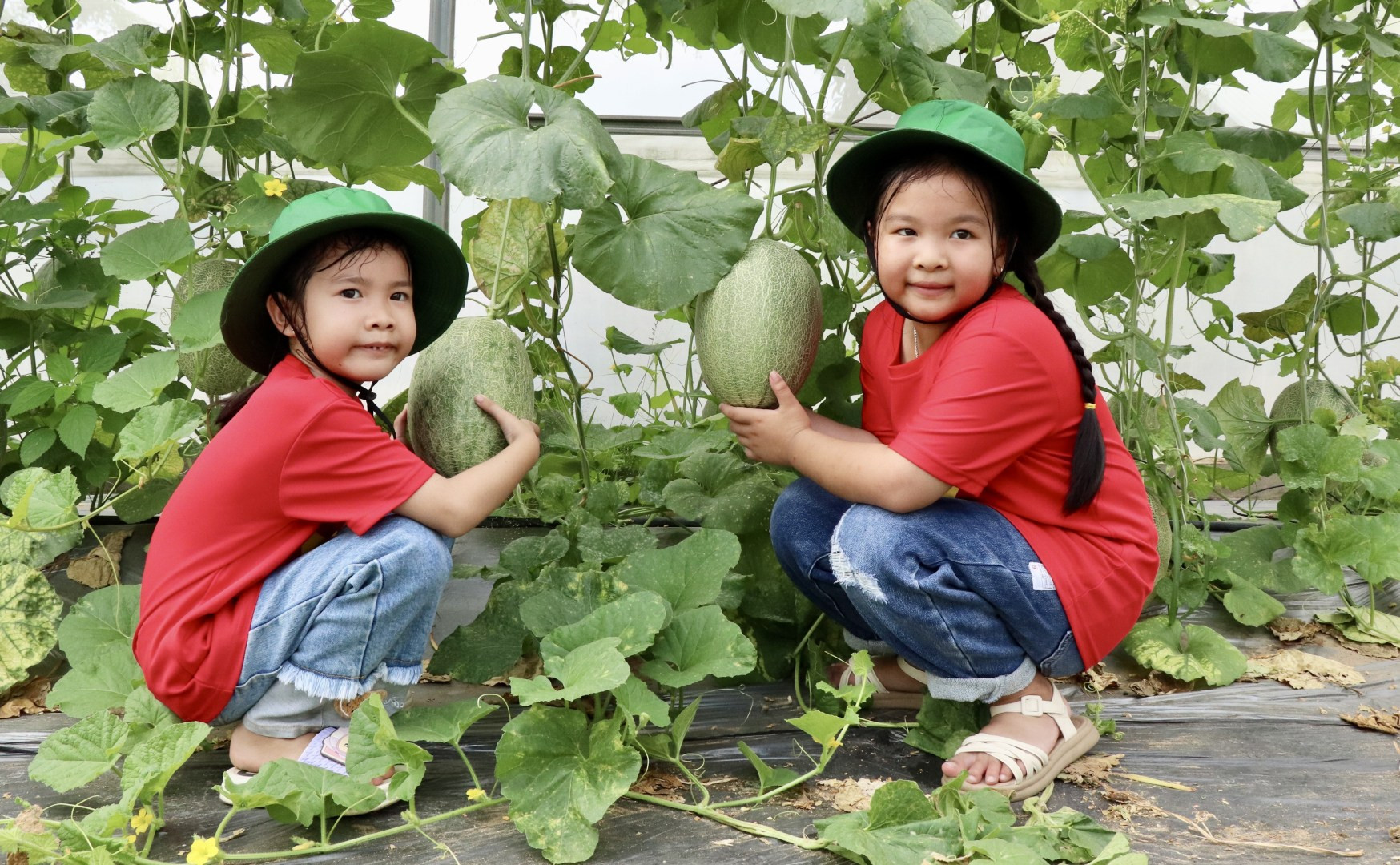
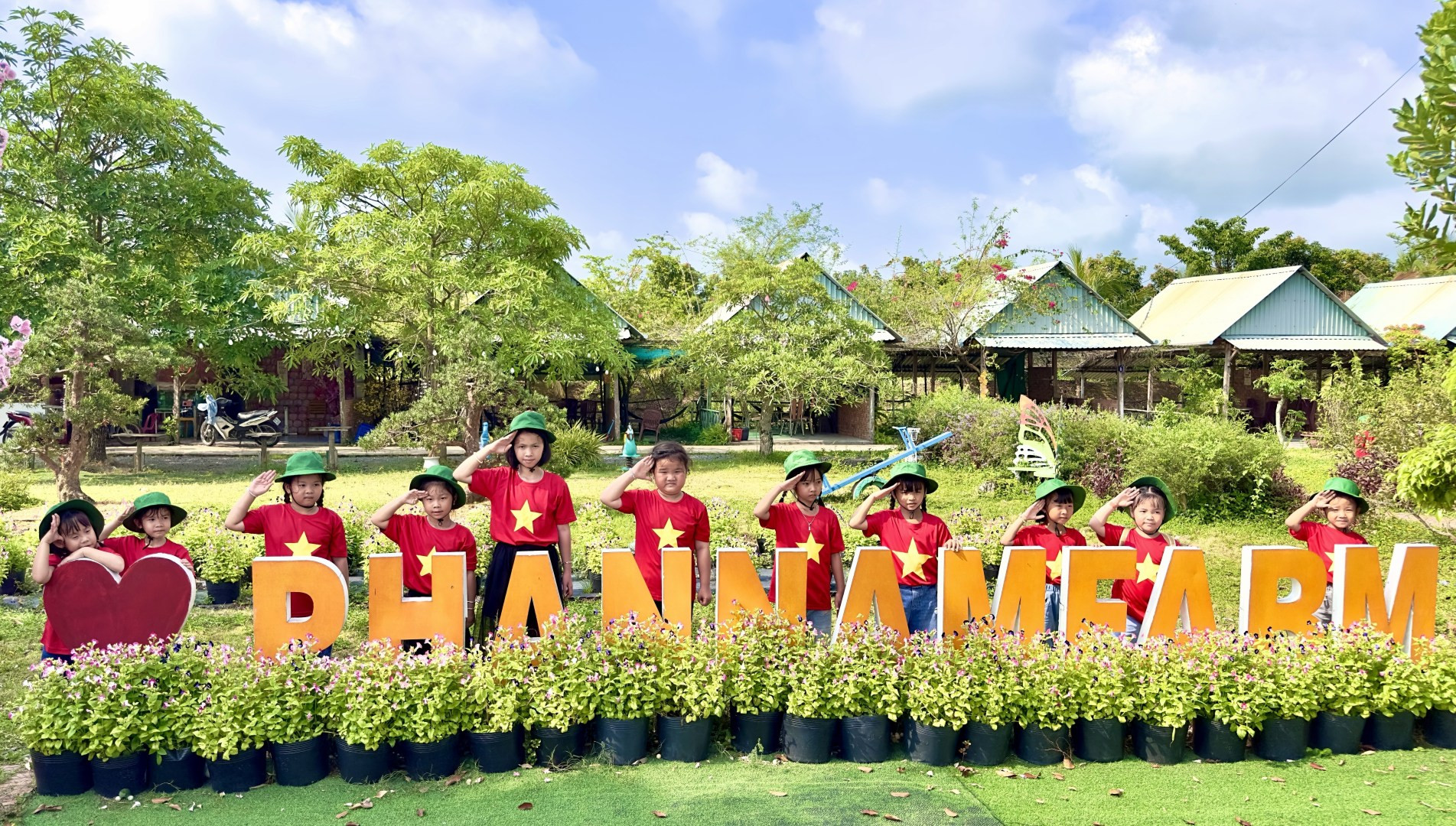
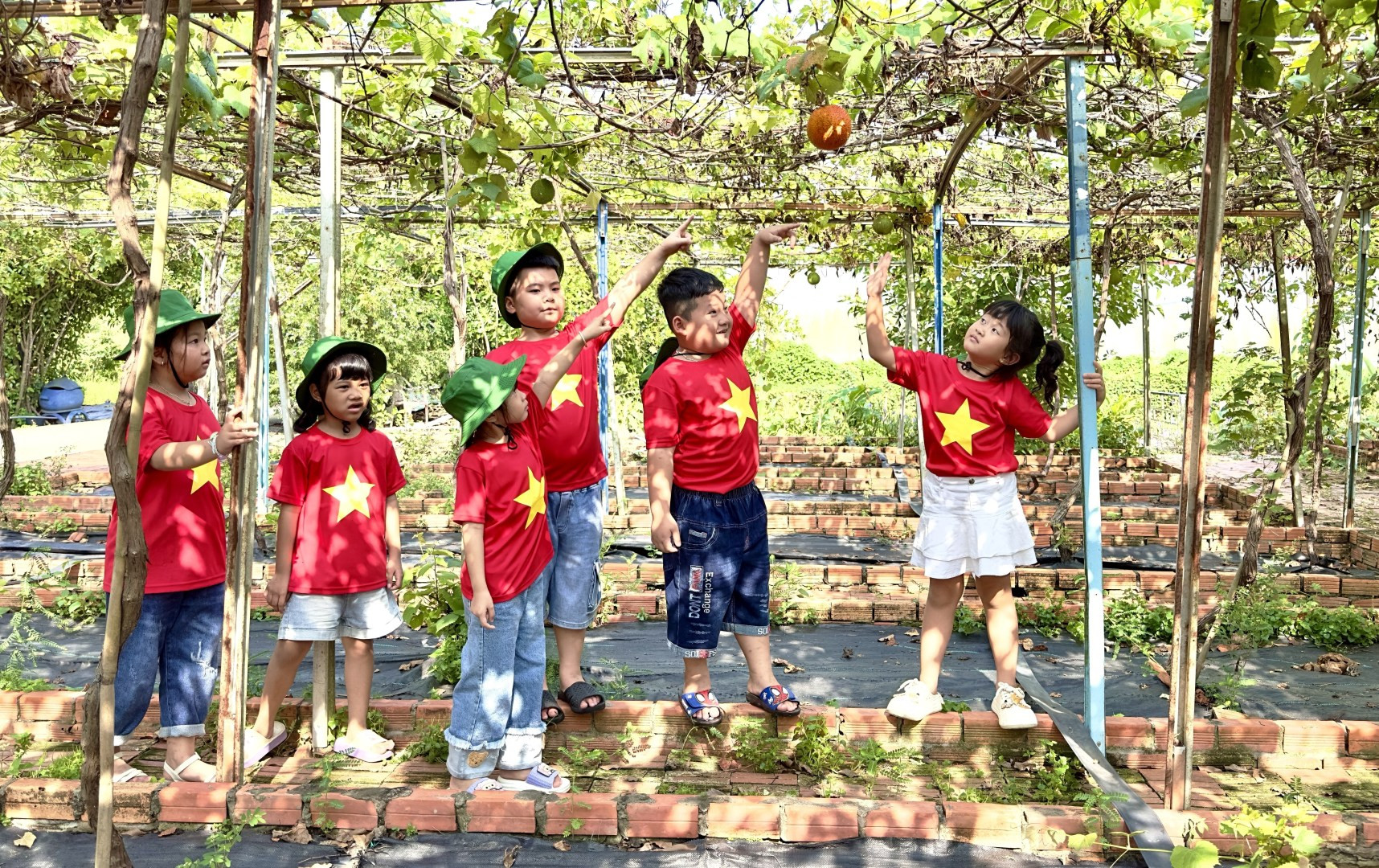
Farm tourism, a unique blend of rural retreats and hands-on countryside experiences, is gaining traction across Vietnam and beyond. Local authorities, sensing a chance to cultivate green and sustainable tourism, are fanning the trend.
A return to nature
More than a decade ago, Dr. Ngo Kieu Oanh made a bold leap back to her rural roots in Ba Vi district on the outskirts of Hanoi, transforming her vision into reality with the establishment of Dong Que farm. This eco-friendly site now beckons urbanites craving respite from the city hustle and bustle.
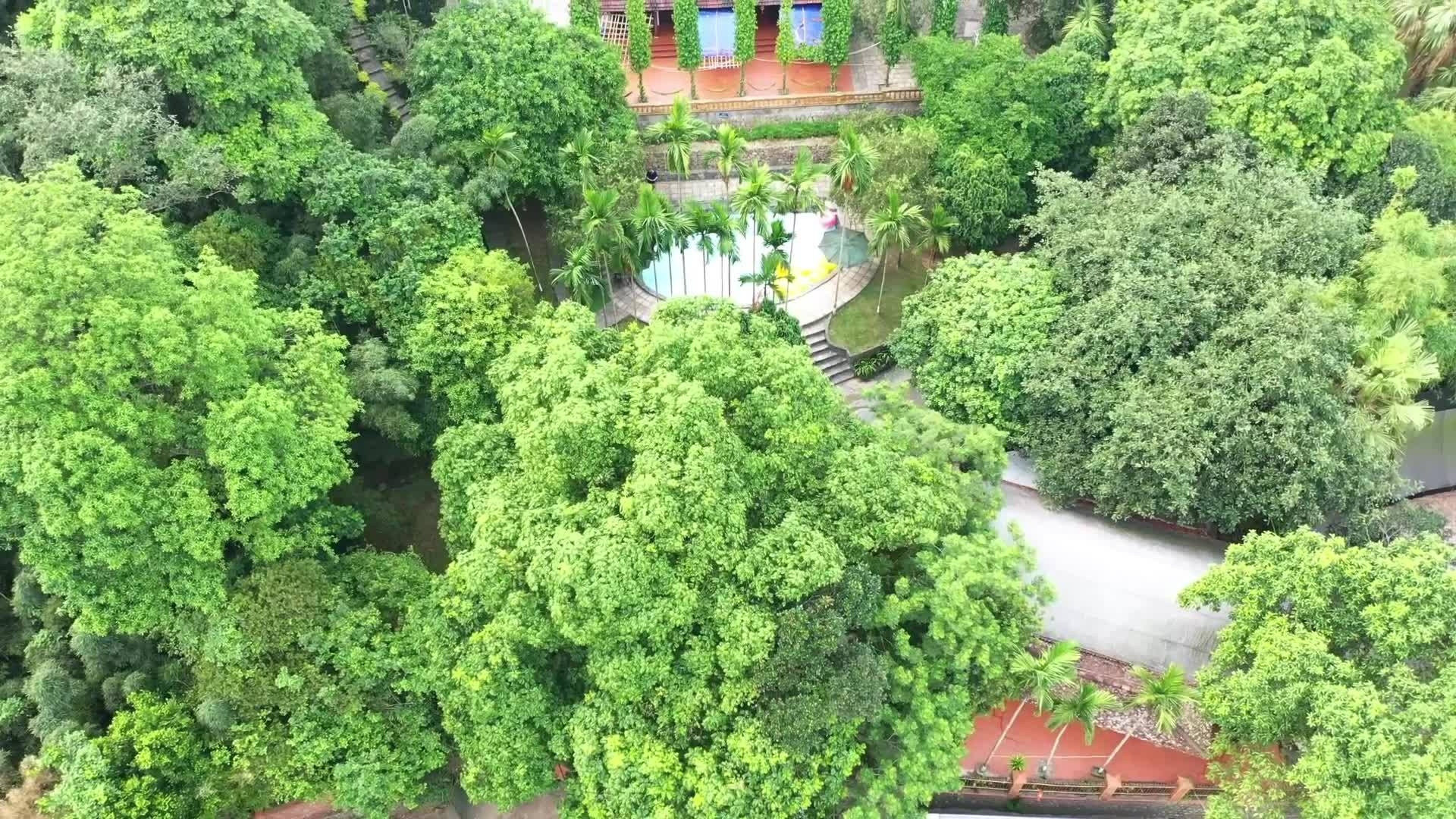
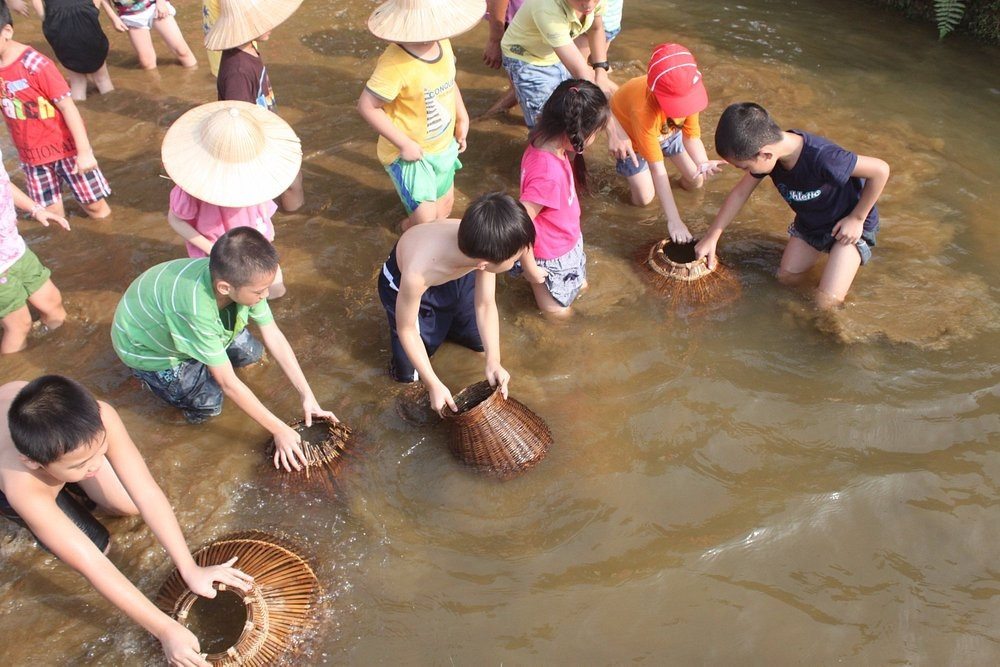
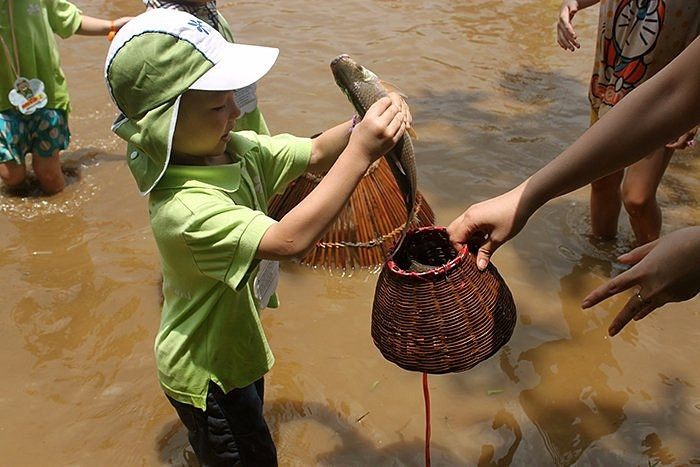
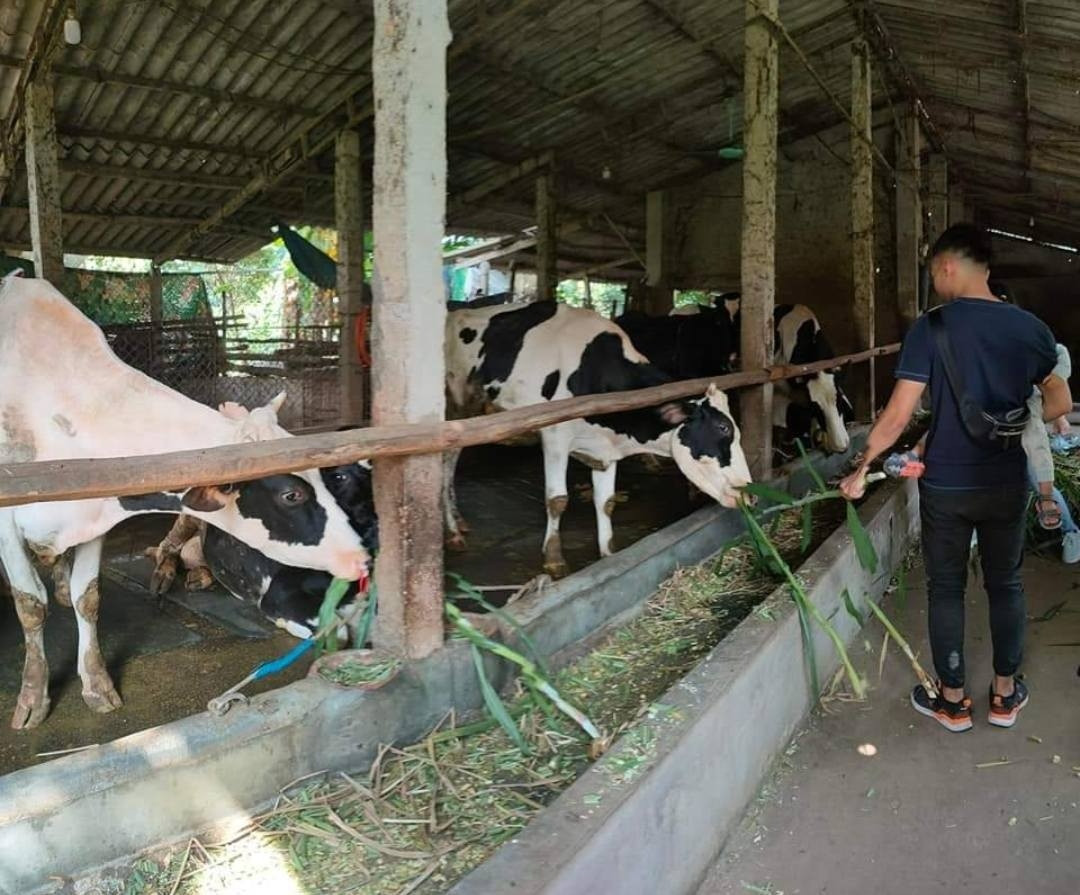
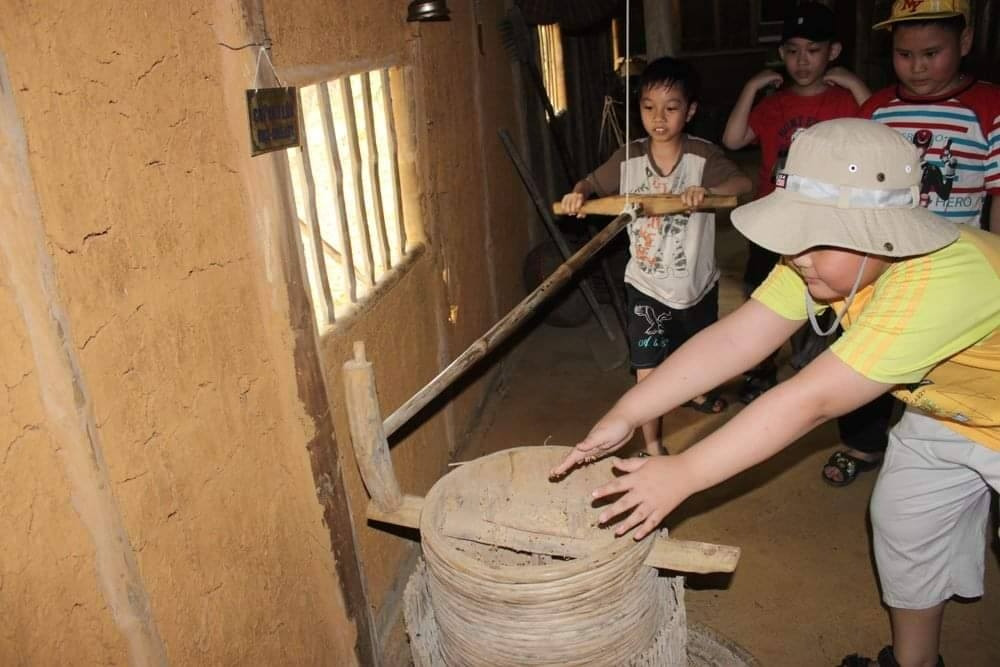
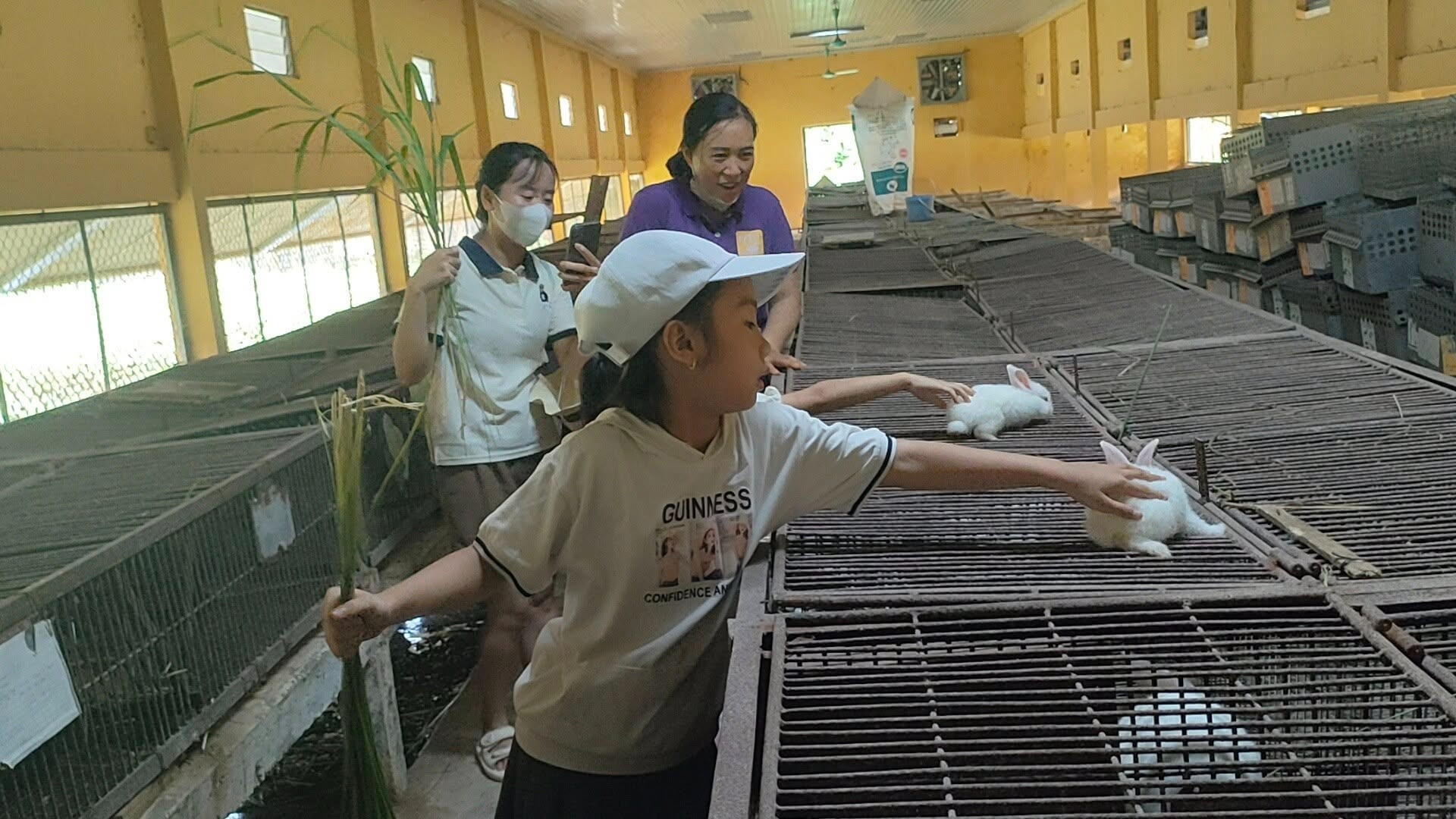
The Hanoi Department of Tourism has clocked the surge, reporting that the capital now boasts 11 ecological farms and four agricultural cooperatives dedicated to this model. Standouts include the Long Viet agricultural park in Soc Son district, about 30km from downtown Hanoi, Dong Que farm and Detrang farm, both in Ba Vi district, Vạn An school farm in Thanh Tri district, and the Phuc Thi Hoa Bay ecological garden in Phuc Tho district, each a portal to the pastoral.
These farms are not just destinations, they are gateways to unforgettable experiences. At a sprawling 5-ha organic grape vineyard in Vinh Ngoc commune, Dong Anh district, visitors can plunge into the rhythm of viticulture, from planting to picking, guided by safe, sustainable practices. Detrang farm in Ba Vi district, meanwhile, feels like a storybook menagerie – goats, sheep, rabbits, spotted deer, even camels roam its fields, paired with a dizzying array of outdoor games.
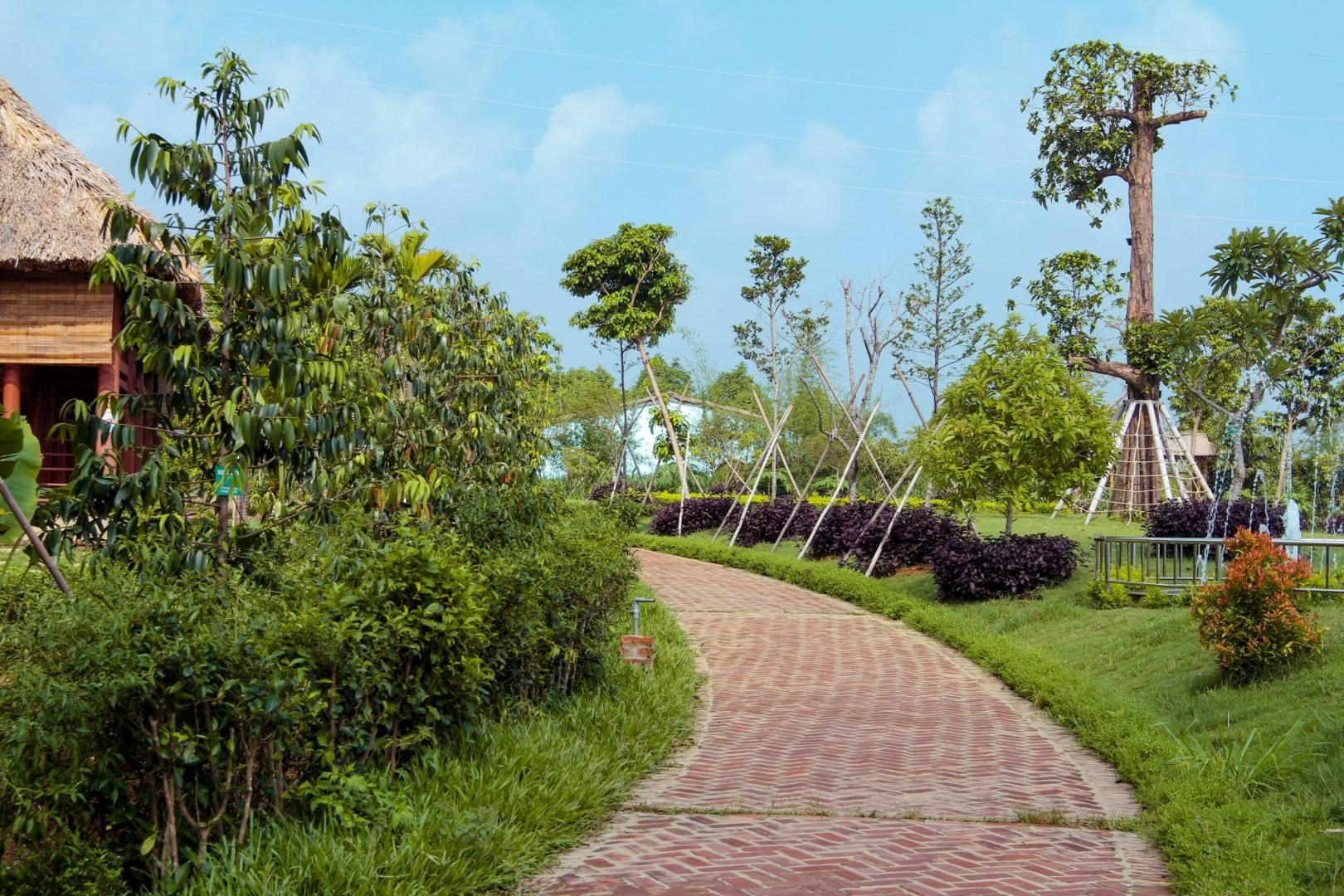
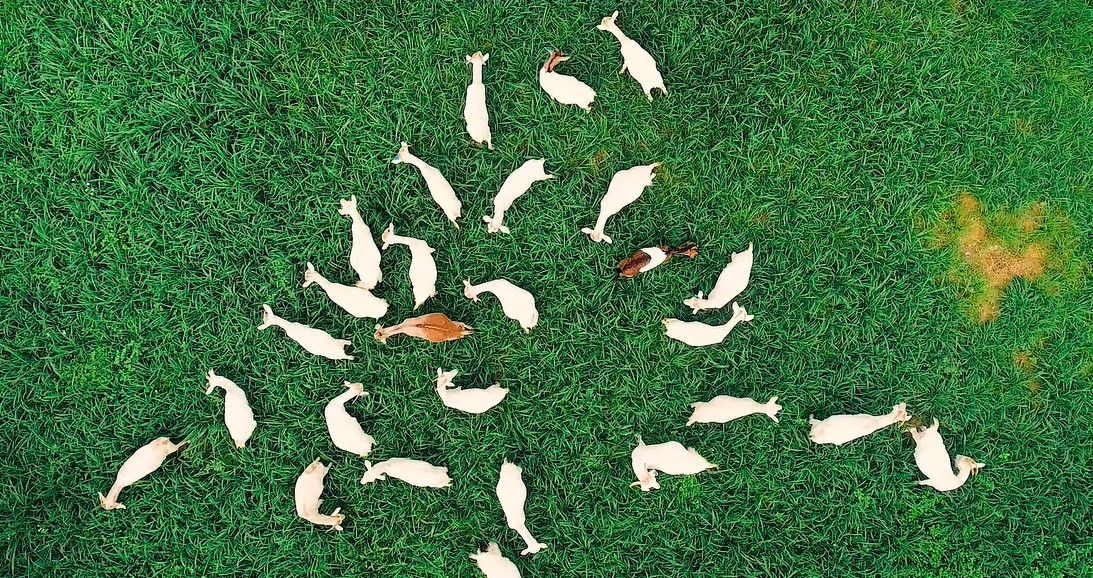
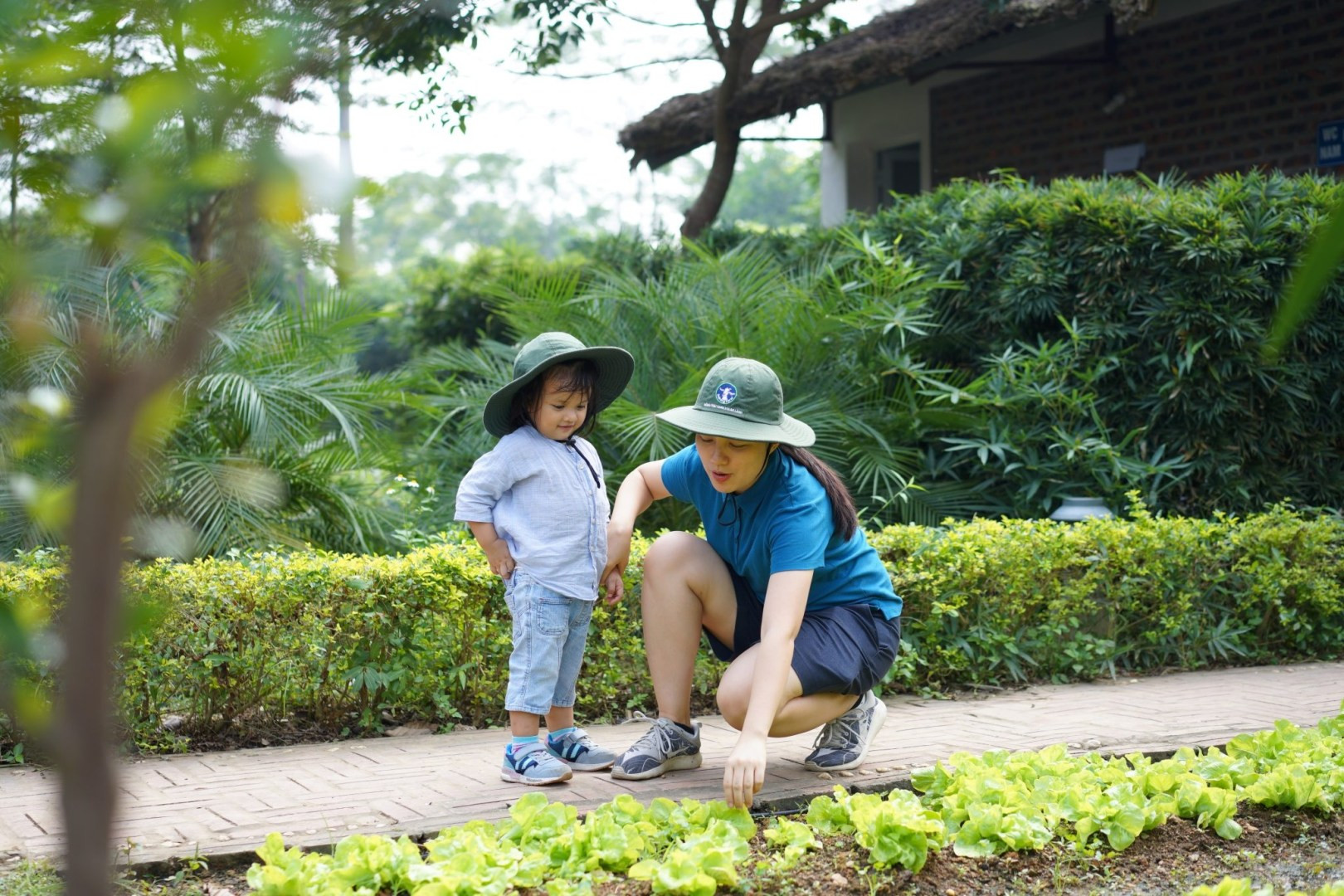
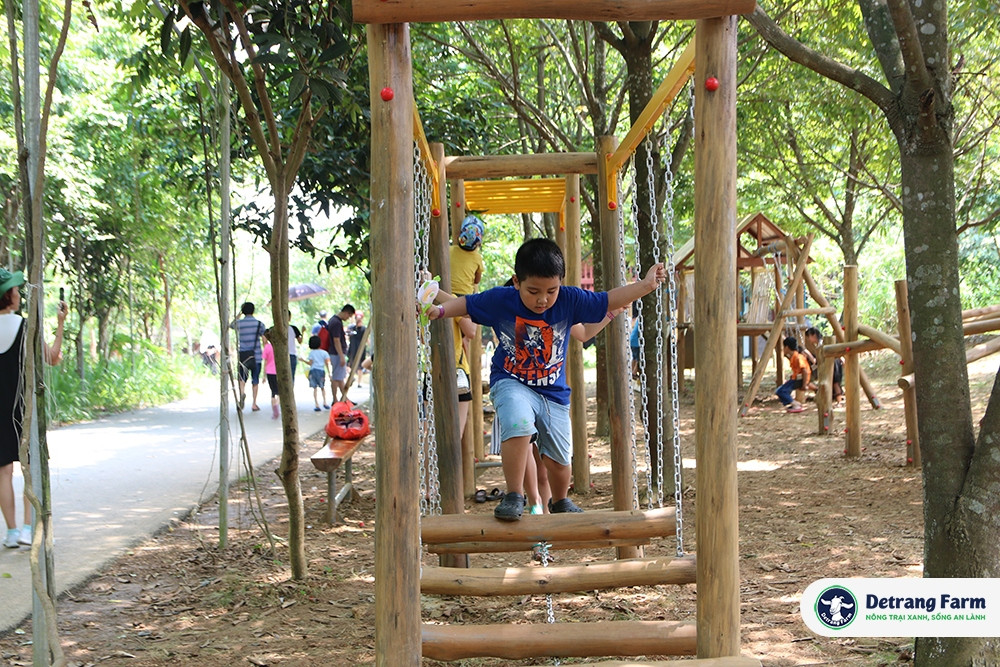
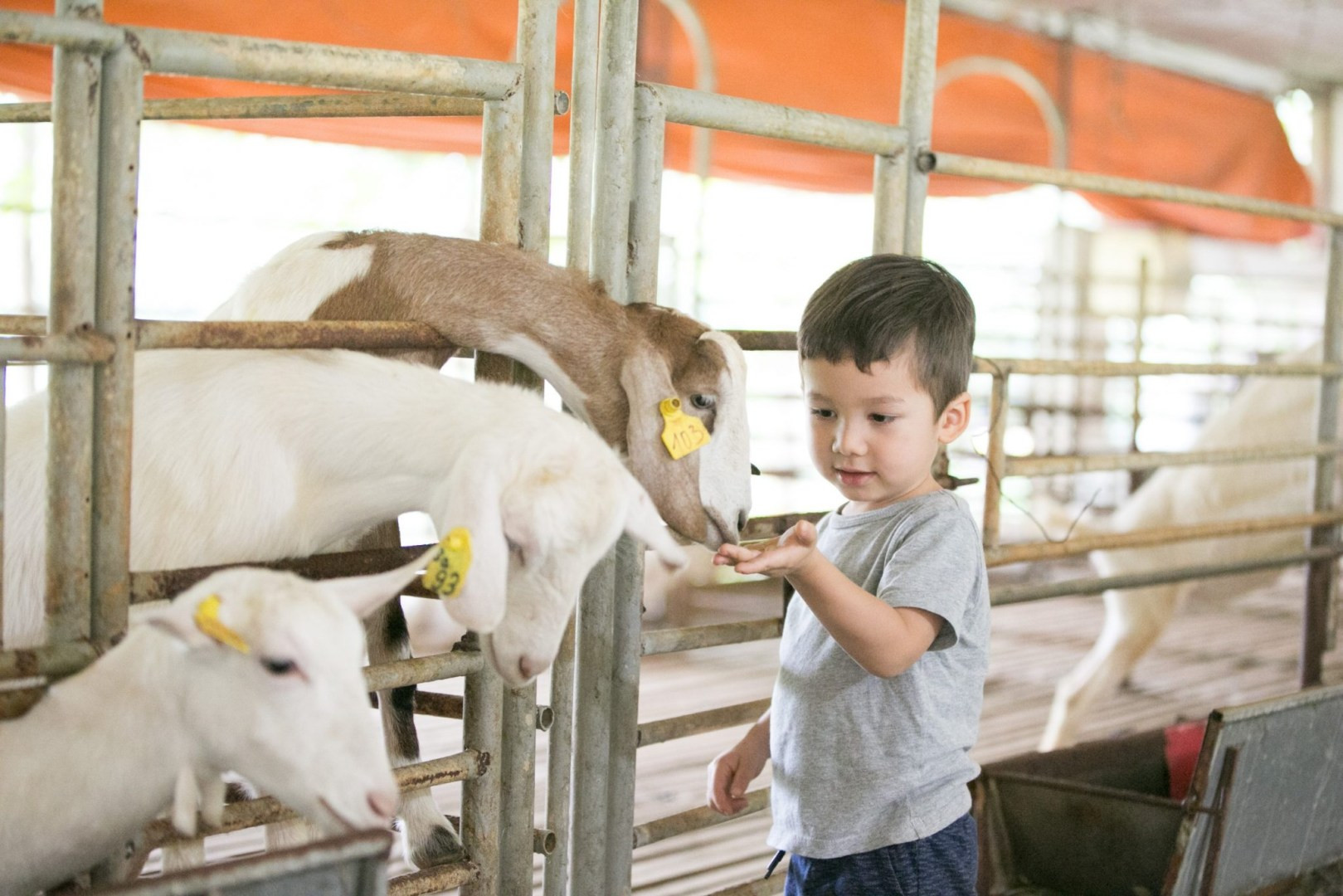
Detrang Farm in Ba Vi is a popular choice among families seeking a green, nature-based lifestyle experience. Photo: Detrang Farm
Nguyen Thi Hong Anh, a resident of Ba Dinh district, said farm tourism is particularly appealing to families with young children. Outdoor activities, touching animals and tending plants not only build kids’ character but also give them a refreshing break from textbooks.
Deputy Director of the Hanoi Department of Tourism Tran Trung Hieu noted that many farm models are thriving, pulling in numerous visitors, especially students and families.
Toward sustainable development
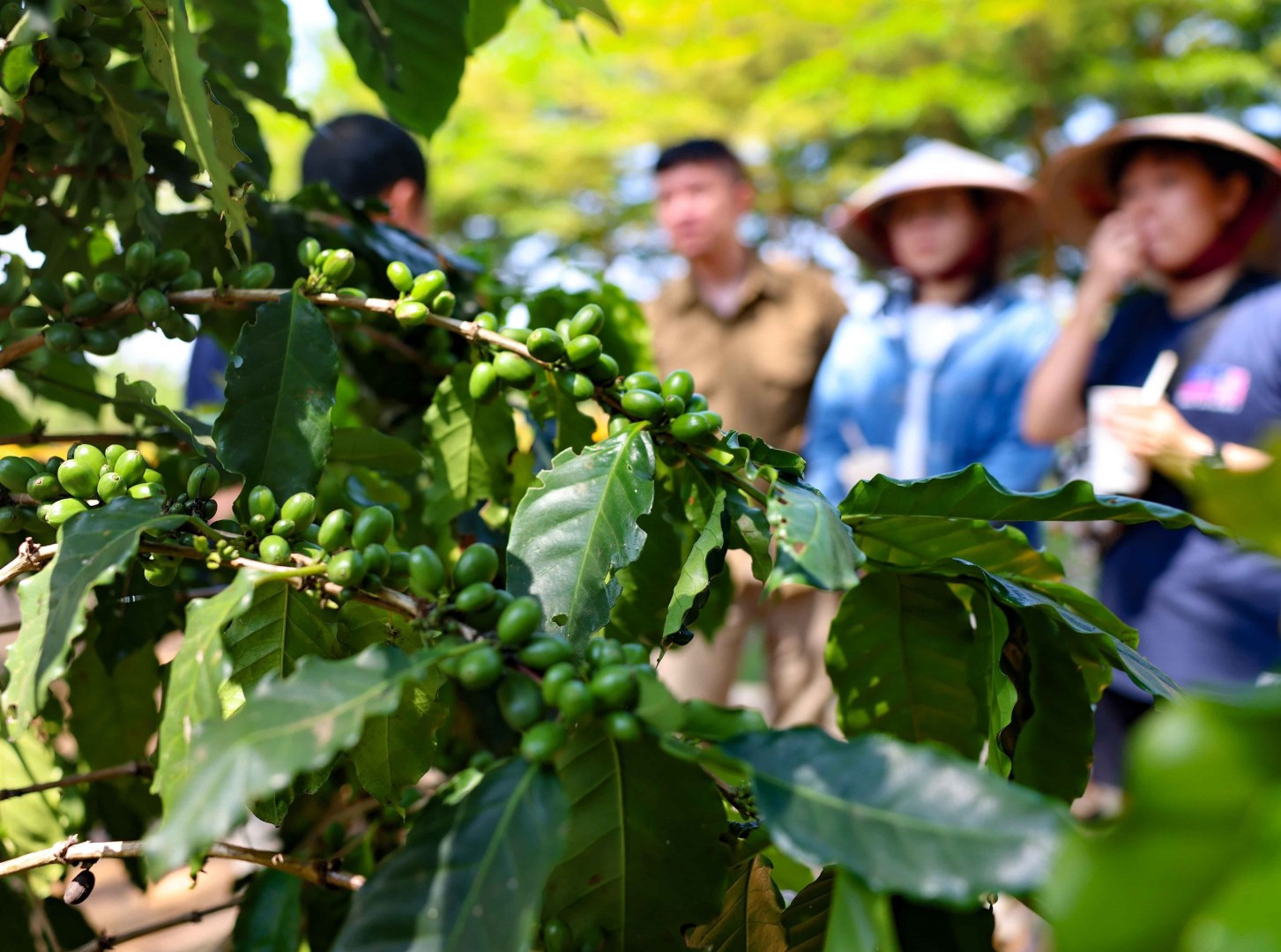
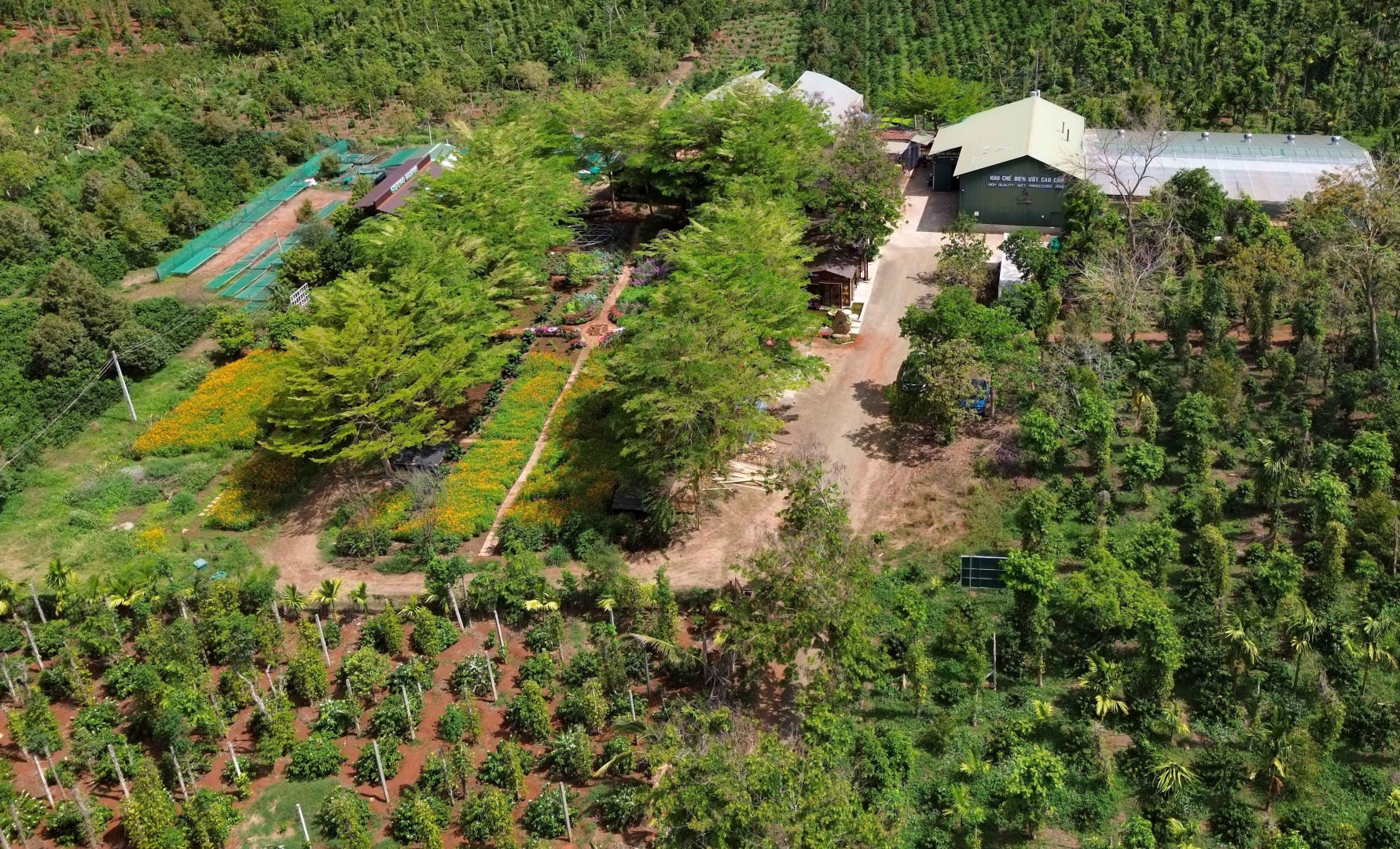
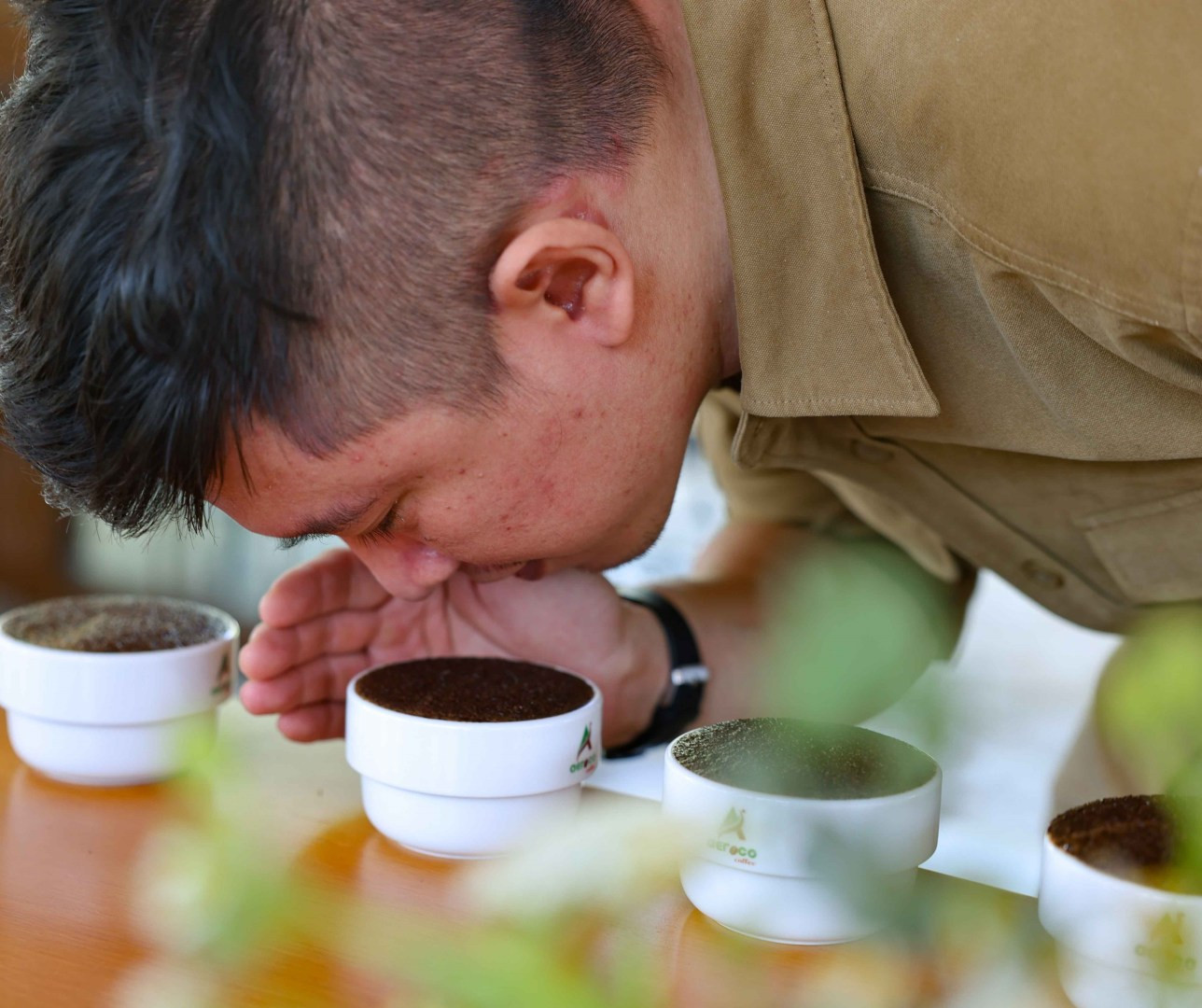
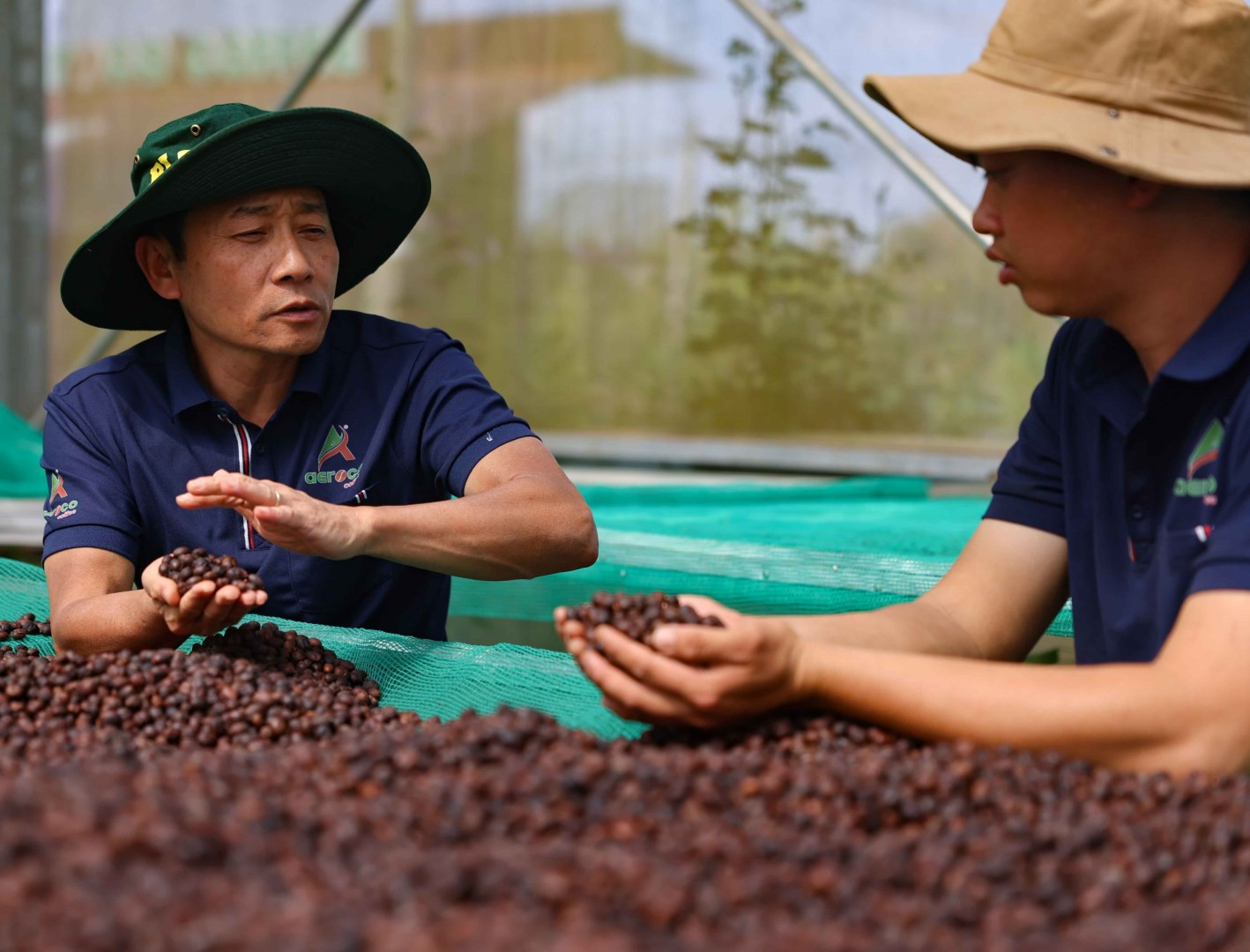
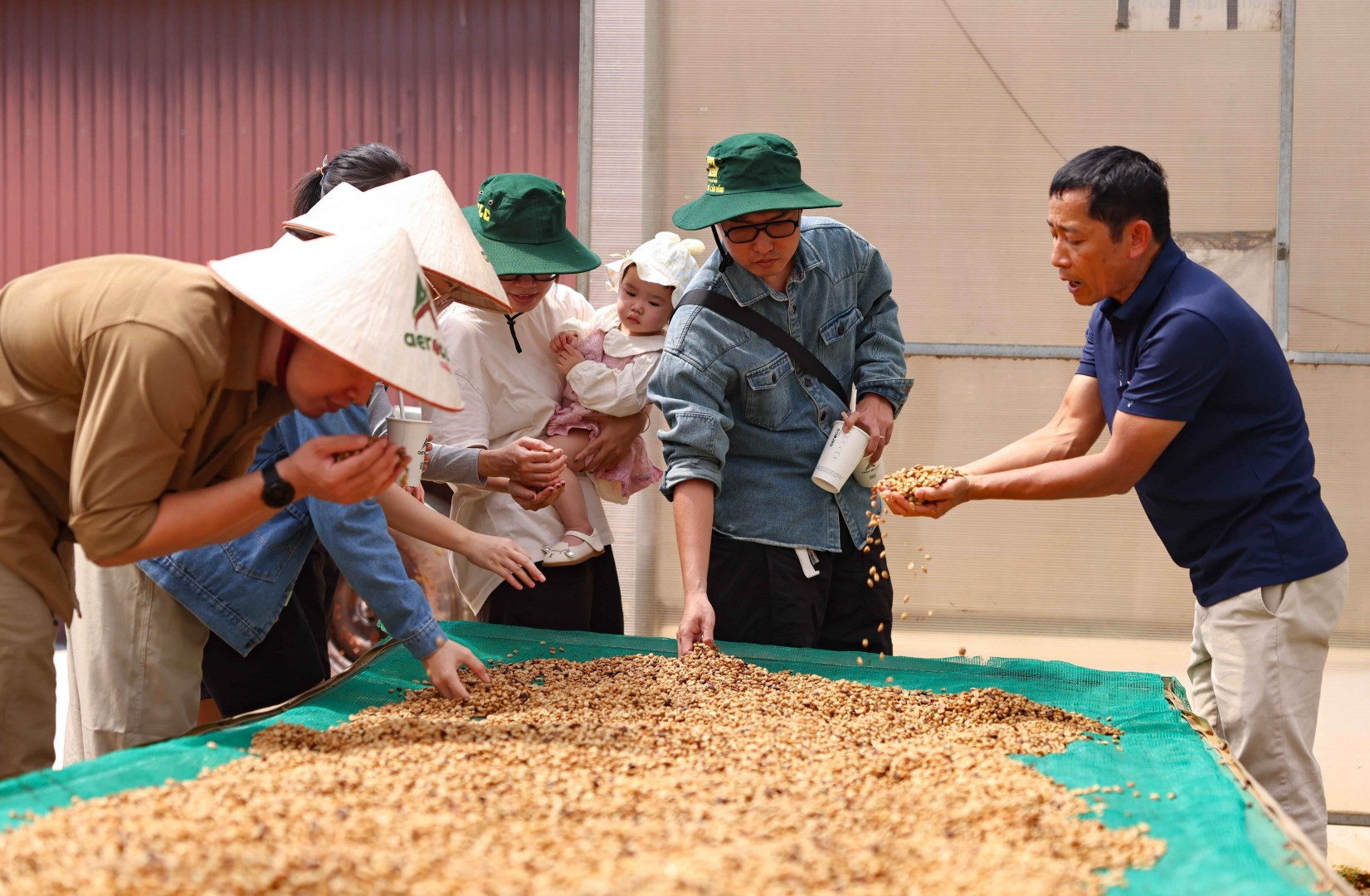
Aeroco Coffee (Dak Lak ) is a pioneer in developing green, sustainable agri-tourism, with its farm becoming an increasingly popular destination for both domestic and international visitors. Photo: VNA
Across Vietnam, many localities are leaning into farm tourism, merging agriculture with unique visitor experiences. In places like Lam Dong, Dong Nai, Da Lat, and the northwest, vibrant models flourish, while others scramble to catch up. Tra Que vegetable village in central Quang Nam province has become a siren call for foreigners, showing the best of what farm tourism can offer.

Up north, Quang Ninh province’s Tuan Chau Farm and Binh Lieu Farmstay have experienced a surge in popularity, particularly during the recent Lunar New Year holiday
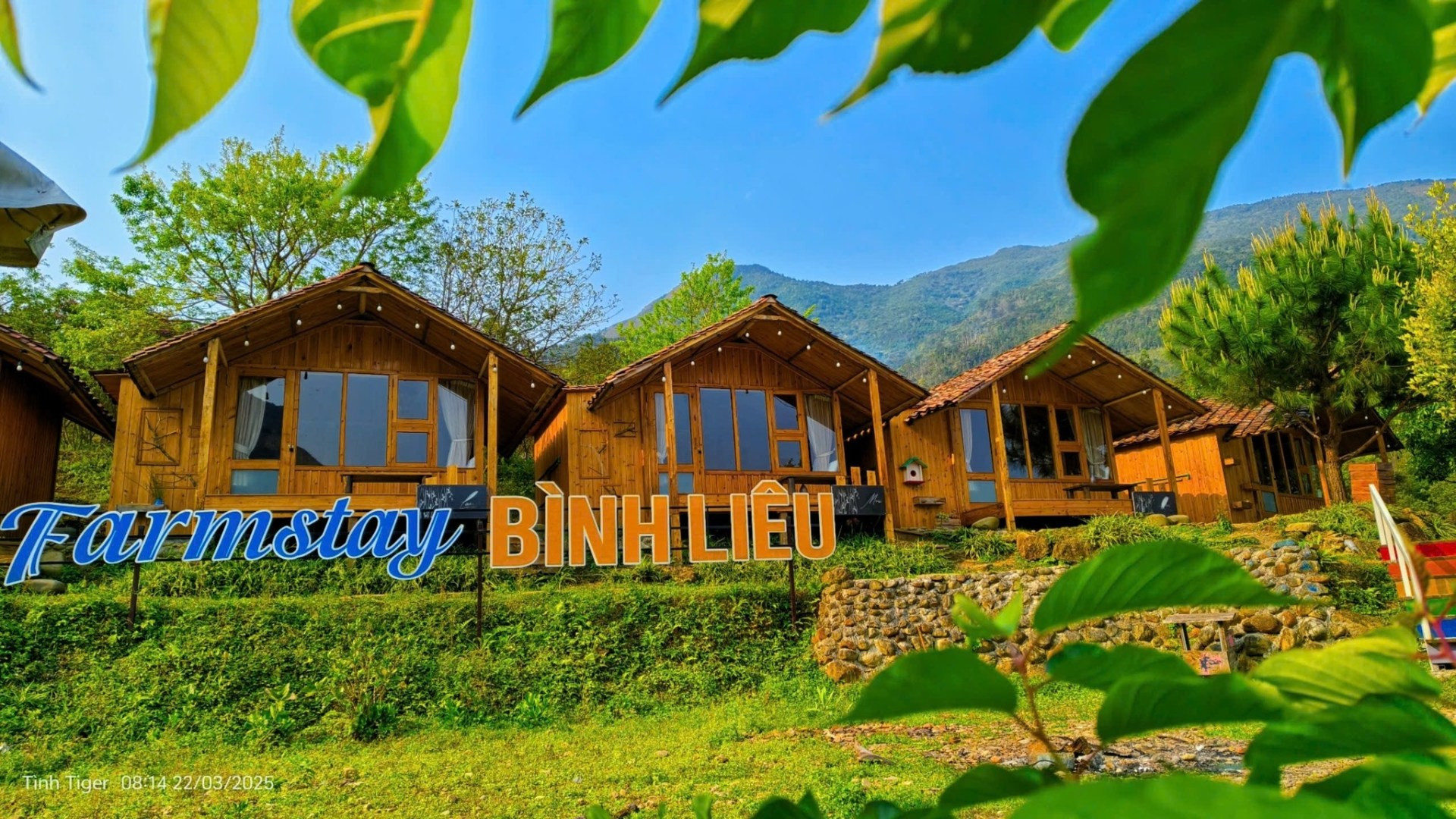
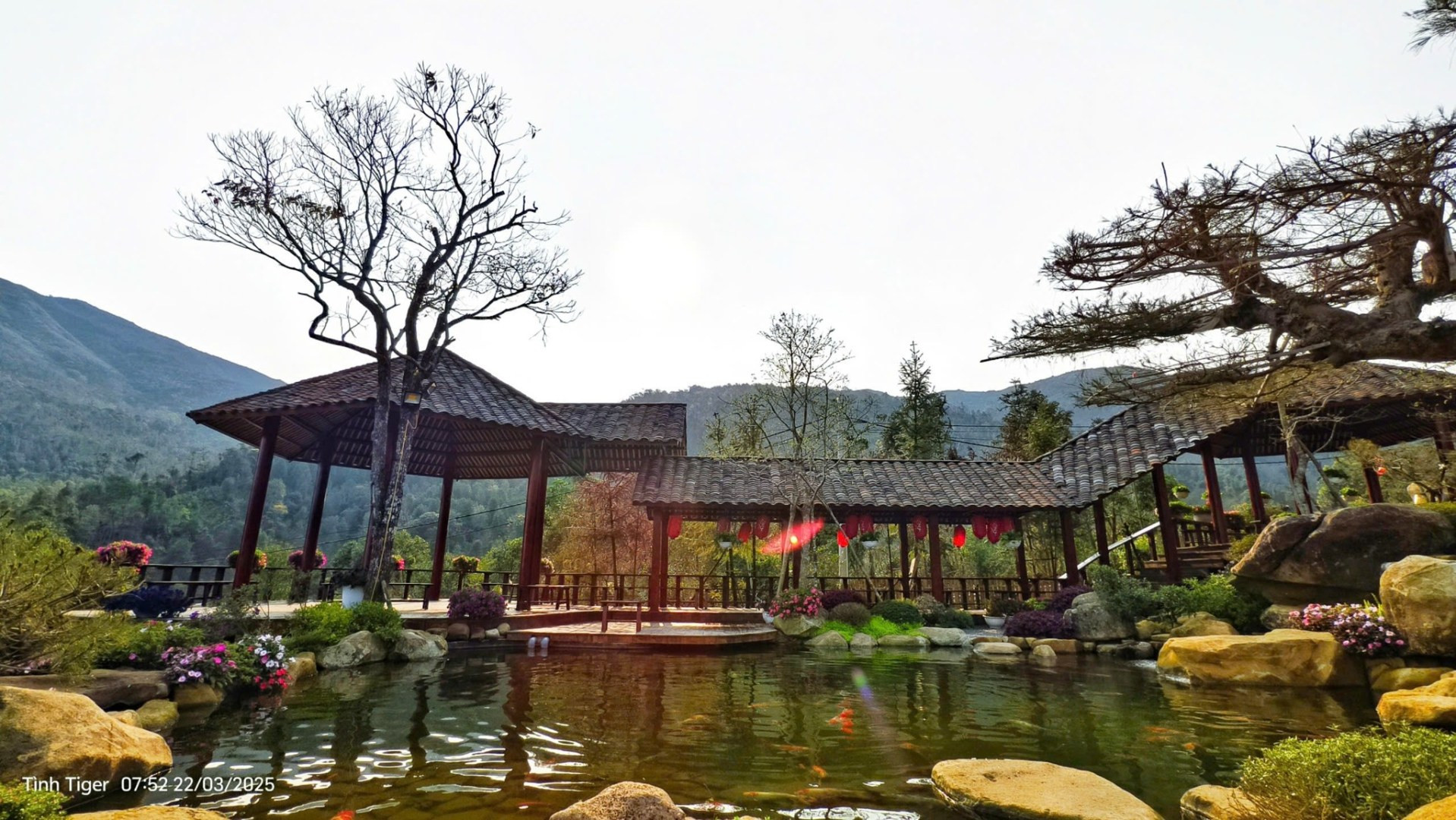
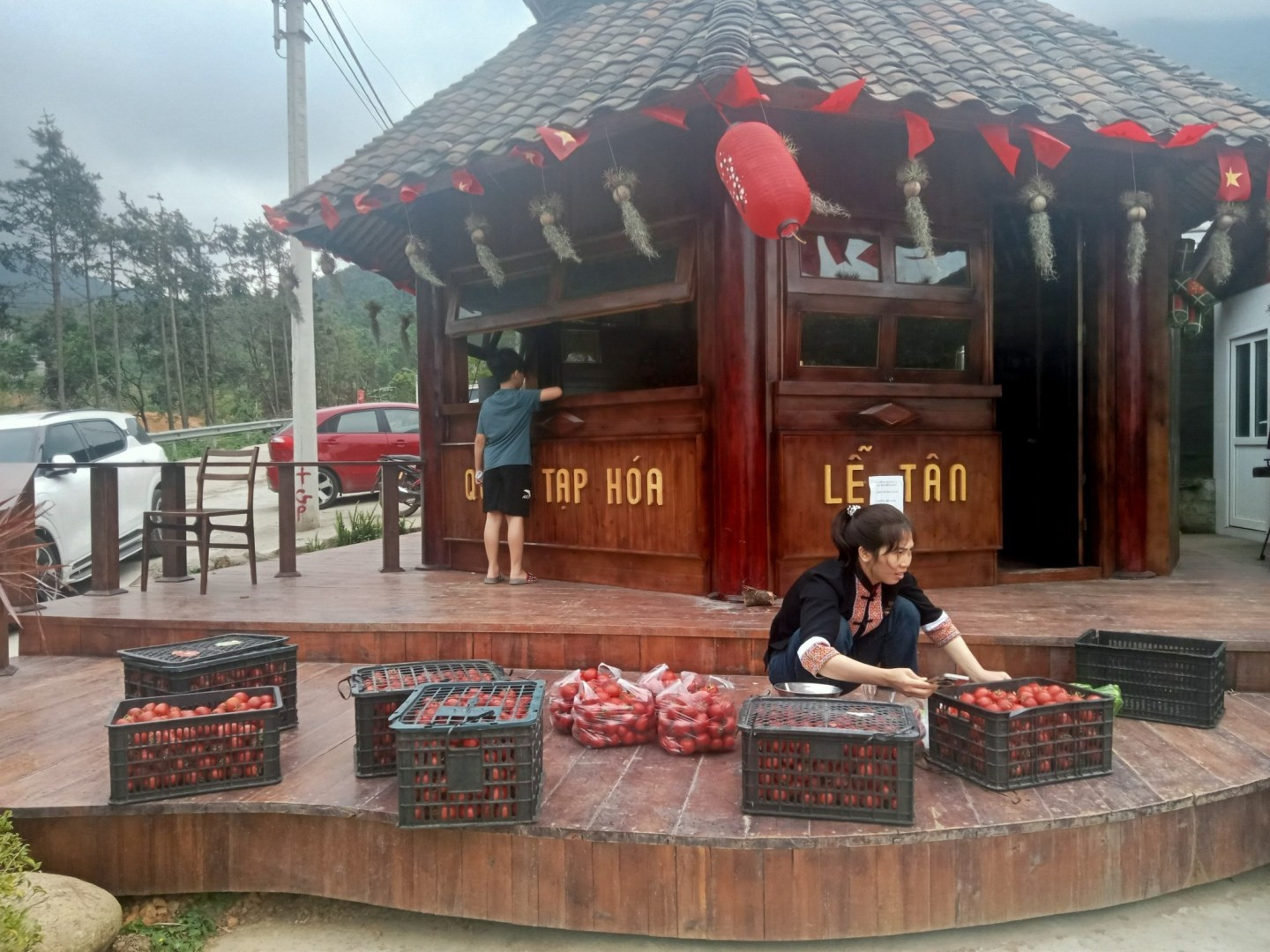
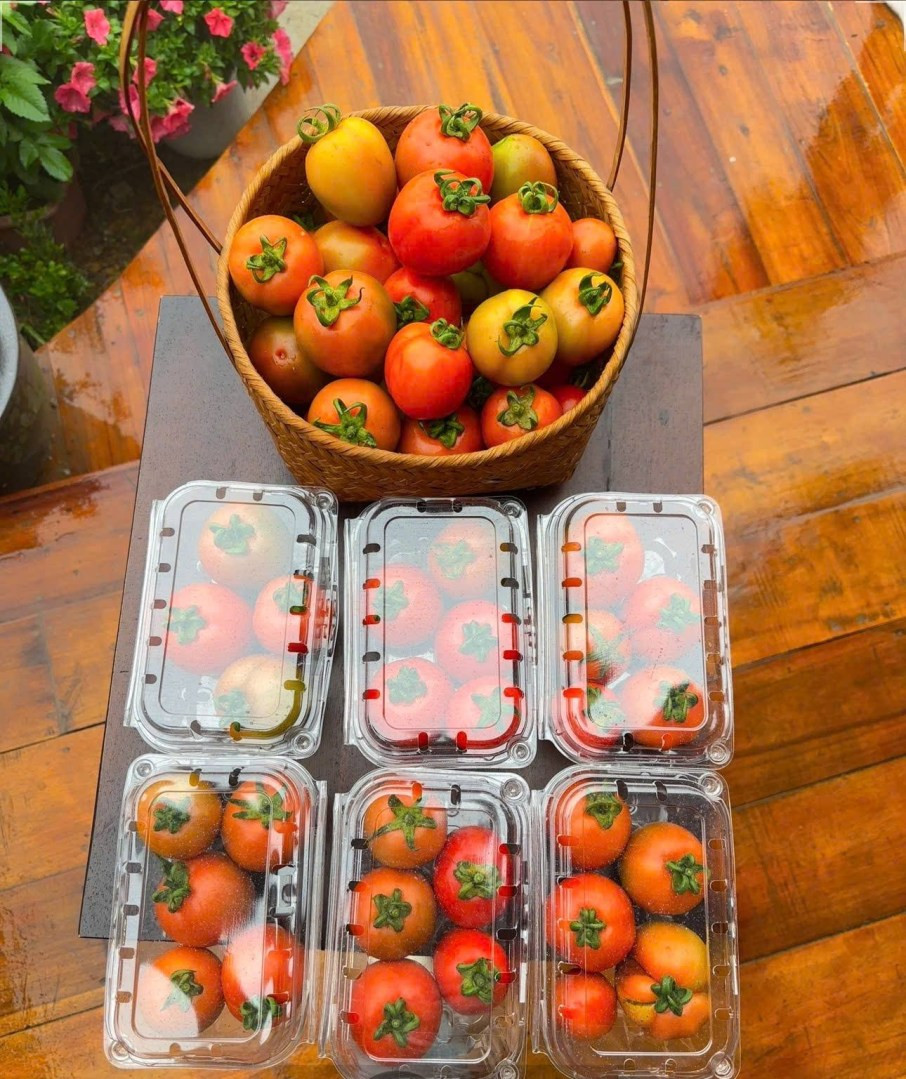
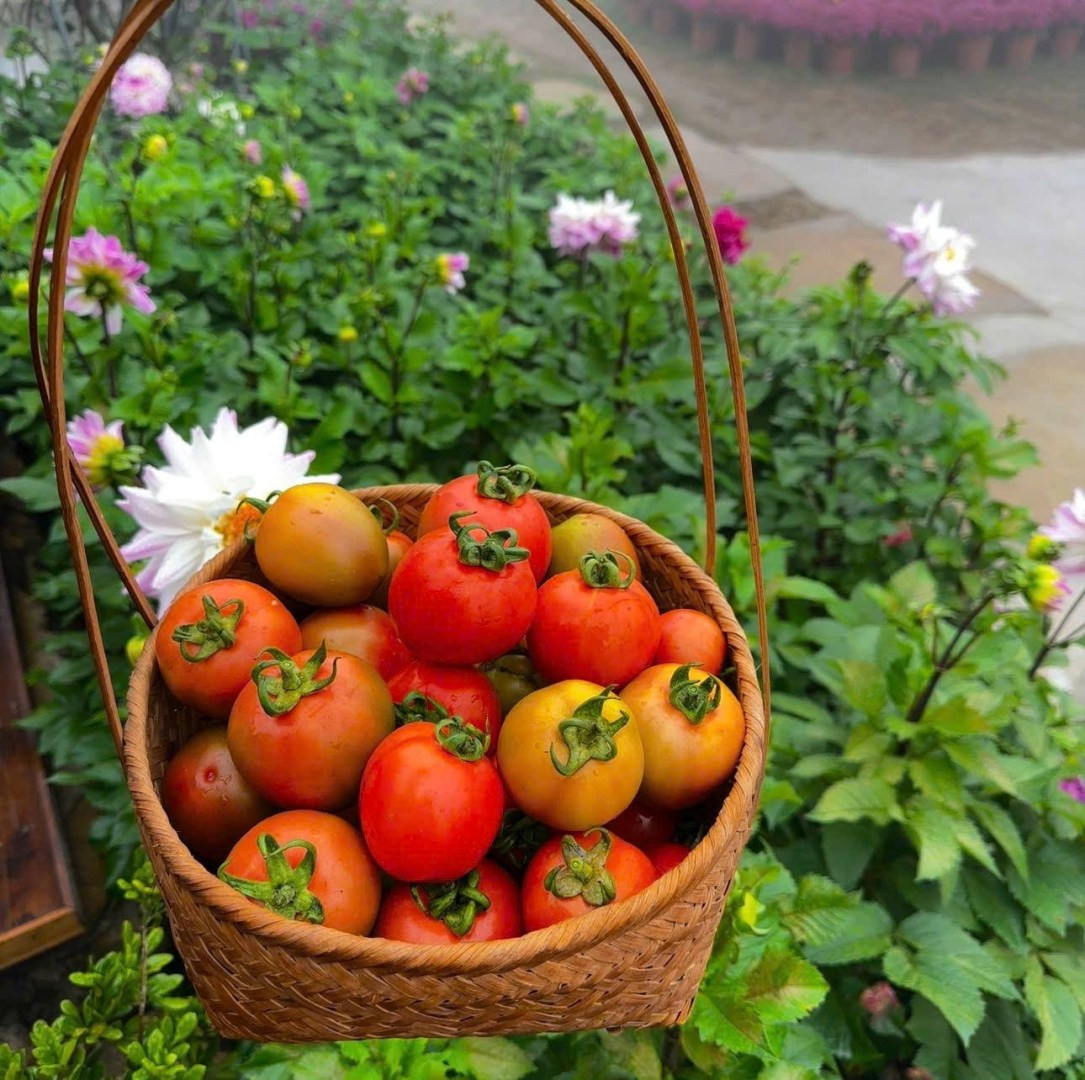
Binh Lieu Farmstay in Quang Ninh offers visitors memorable experiences in agricultural tourism. Photo: Binh Lieu Farmstay
Yet hurdles loom. Many farms grapple with seasonal slumps, lack distinctive flair, or fail to tap local agricultural riches fully.
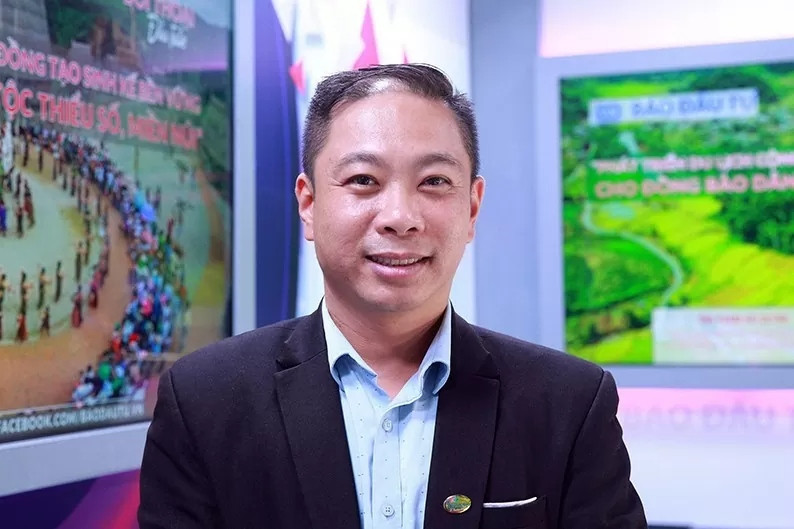
Director of the Asia Tourism Development Institute Pham Hai Quynh laid out the blueprint for long-term success: a robust infrastructure with sprawling farm areas, orchards, craft workshops, cultural festivals, distinctive dishes, and a fierce sense of place. “Local communities must be the heartbeat”, he insisted.
According to the Prime Minister’s Decision No. 922/QD-TTg issued on August 2, 2022, rural tourism development is a key solution and priority within the National Target Programme on New Rural Building for the 2021-2025 period.
Hieu saw farm stays and agricultural escapes as growth engines. Moving forward, Hanoi plans to leverage its ecological, cultural, and craft village heritage, encourage localities to craft experiences that captivate and endure. “It’s about keeping visitors coming back,” he mused, “and building a future that doesn’t just grow, but lasts”.
VNA